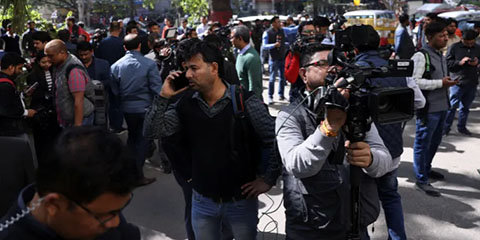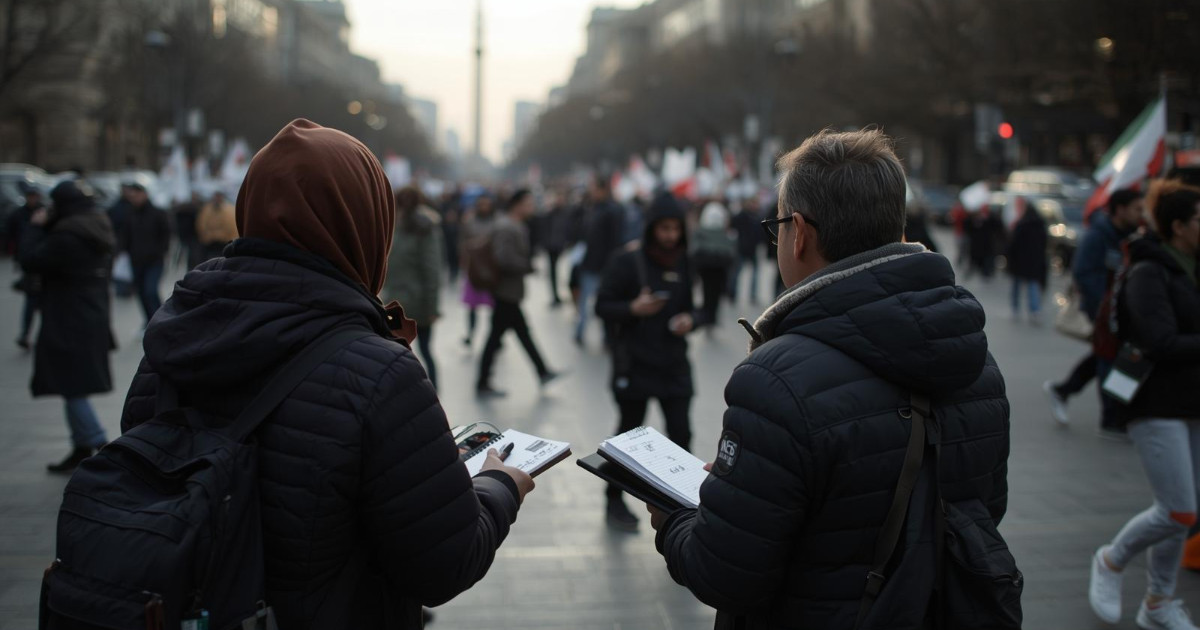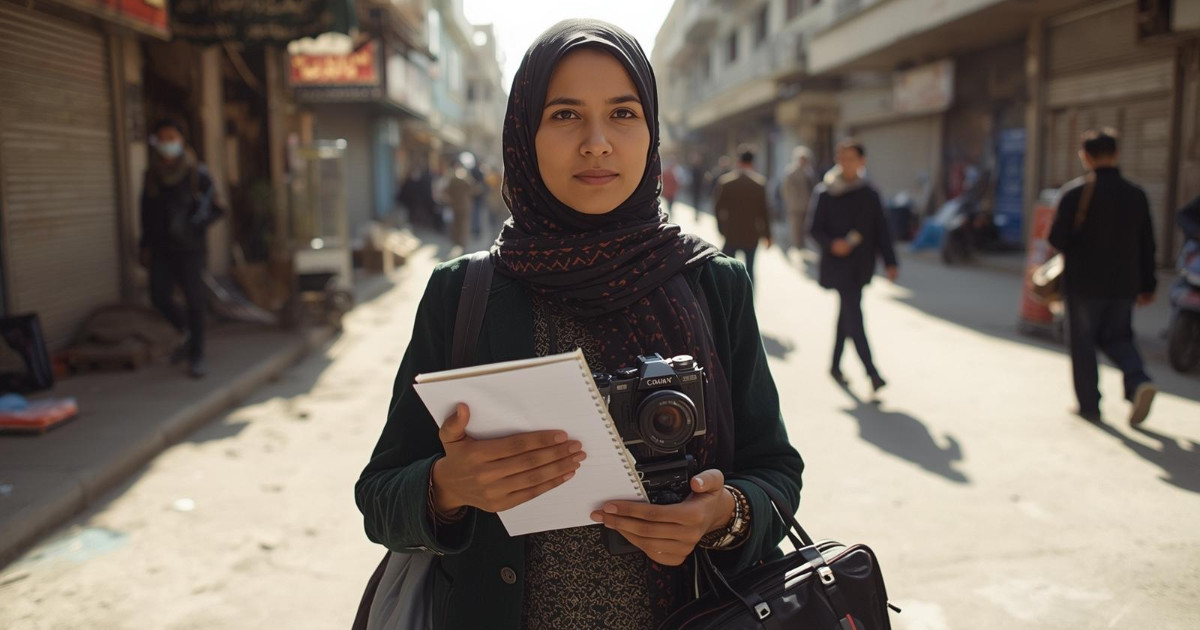India revokes nonprofit and tax status of news outlets
JournalismPakistan.com | Published: 5 February 2025 | CPJ News Alert
Join our WhatsApp channel
The Indian government has revoked the nonprofit and tax-exempt status of The Reporters' Collective and The File. This decision raises concerns about the future of independent journalism in India.Summary
NEW DELHI—The Committee to Protect Journalists calls on the Indian government to end its weaponization of regulatory measures targeting independent journalism following a decision to revoke The Reporters’ Collective’s nonprofit status and the tax exempt status of The File.
“Journalism is a public service. The Indian government should not abuse regulatory processes to target investigative journalism,” said Beh Lih Yi, CPJ’s Asia program coordinator. “The government must immediately reverse these orders against The Reporters’ Collective and The File, which could set a dangerous precedent for other non-profit media in India and severely undermine public interest journalism.”
The Reporters’ Collective (TRC) said in a January 28 statement that the loss of its nonprofit status “severely impairs” its ability to do work and “worsens the conditions” for independent journalism in the country.
The revocation of a nonprofit status means entities will be taxed as commercial entities, subjecting donations to taxation, which could discourage potential funding. The tax could potentially be applied retrospectively. TRC is known for its investigative reporting on Prime Minister Narendra Modi’s ruling government, ranging from corruption, and government accountability, to allegations of corporate cronyism, and unethical business practices against the Adani Group, one of India’s wealthiest conglomerates.
The directive against TRC follows a disturbing pattern of financial and legal pressures on independent media. In December 2024, the Bengaluru-based Kannada website The File, which has conducted investigations into all political parties in the southwestern state of Karnataka, also faced a similar tax order, which CPJ reviewed. The order revoked its tax exemptions, deeming its activities commercially oriented despite its public interest reporting.`
In February 2023, income tax authorities in India searched BBC offices in New Delhi and Mumbai as part of an income-tax investigation, weeks after the broadcaster aired a documentary critical of Modi.
CPJ contacted the commissioner of the Central Board of Direct Taxes and the exemption commissioner in Delhi and tax authorities in Bangalore about TRC and The File’s cases but did not receive responses.
Photo caption: The Indian government has revoked The Reporters’ Collective’s nonprofit status and the tax-exempt status of The File in more cases of the growing weaponization of regulatory measures. In 2023, pictured here, income tax authorities searched the BBC’s offices in New Delhi. (Photo: Reuters/Anushree Fadnavis)
KEY POINTS:
- Indian government revokes nonprofit status of The Reporters' Collective.
- Tax exemptions for The File have also been revoked.
- This move is seen as a tactic to undermine independent journalism.
- The revocation could discourage donations and funding for these outlets.
- Committee to Protect Journalists urges reversal of these orders.

























